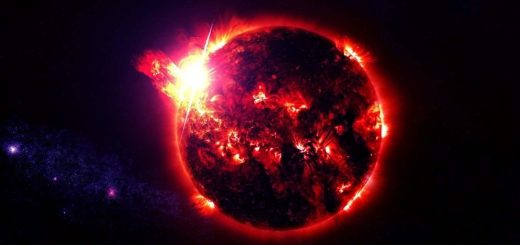Could Israel’s bombing trigger a nuclear accident in Iran?
Attacks on Iran’s nuclear facilities have already triggered at least one internal radiation leak, but should we be concerned that Israeli bombing could cause a larger nuclear accident?
By Matthew Sparkes
20 June 2025
Iran’s Arak heavy water nuclear facility was damaged by Israeli bombing
Shutterstock Editorial
Israeli strikes on Iranian nuclear sites are raising fears of a harmful radioactive accident, including from the director general of the International Atomic Energy Agency (IAEA) – but experts have told New Scientist that the risks are minimal, despite reports of radiological and chemical contamination inside one nuclear enrichment facility.
Peter Bryant at the University of Liverpool in the UK says that the words “nuclear” and “radiation” create understandable fear, but that there have been no external leaks so far despite extensive bombing.
This is how to avoid annihilating ourselves in a nuclear war
We have been lucky to dodge nuclear Armageddon so far, but we can't keep trusting to fortune. If we don't want to wipe ourselves out, here's what we need do next, says Mark Lynas
Iran has a nuclear power programme that dates back to the 1950s and it has also, at times, had a nuclear weapons development programme. The country pledged to submit to inspections by the IAEA to demonstrate that its power facilities aren’t being used to build weapons, but earlier this month the agency released a report accusing Iran of failing to meet its obligations under non-proliferation rules. In essence, traces of uranium were found at plants that suggested a covert nuclear weapons programme continued.
Israel began strikes just days after the report’s release, against Iranian facilities used for enriching uranium. This element naturally occurs as a mix of three isotopes, but the enriched version has a higher proportion of one of them, uranium-235, which is useful in both nuclear reactors to generate electricity and for nuclear weapons. Because of this potential dual use, Iran has at various times pledged to restrict its enrichment activities and is a signatory to the Treaty on the Non-Proliferation of Nuclear Weapons, which means it shouldn’t attempt to create nuclear weapons.
Philipp Bleek at the Middlebury Institute of International Studies in California says that, according to the IAEA’s report, Iran already has over 400 kilograms of 60 per cent enriched uranium – which is sufficient in its current form for multiple crude nuclear weapons – and that Israel’s intelligence agencies believe there to be more undeclared to the IAEA. Even 60 per cent uranium is far more pure than that needed for power plant fuel, hinting that Iran does indeed have ambitions to become a nuclear power.


